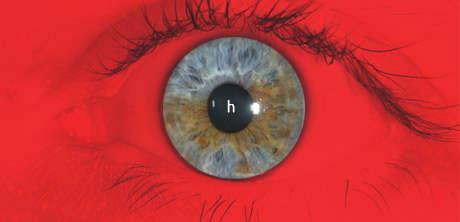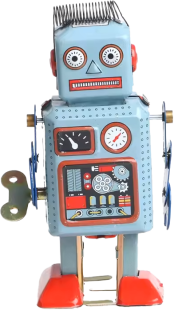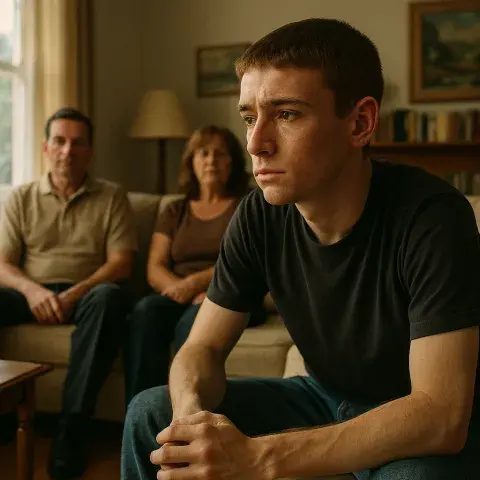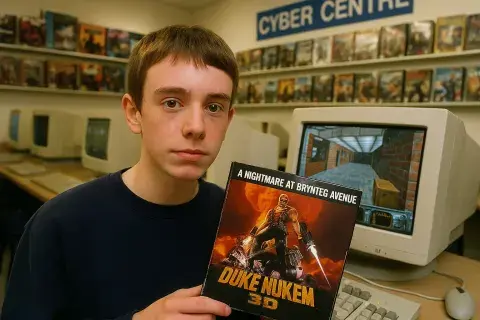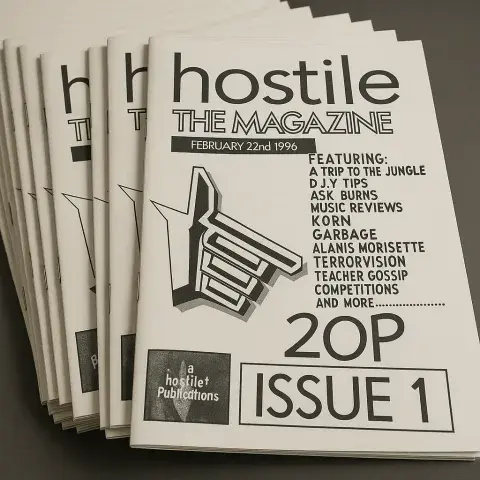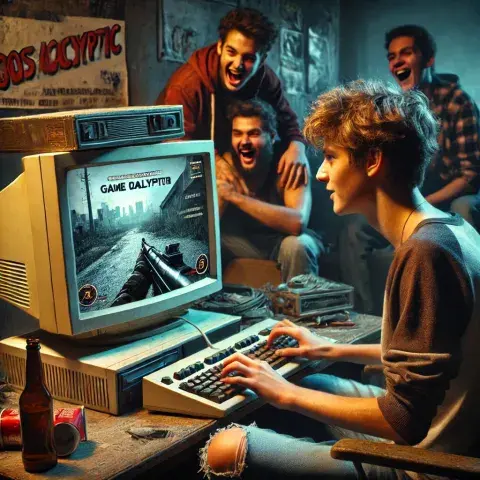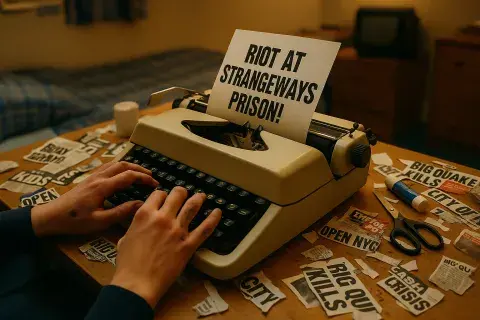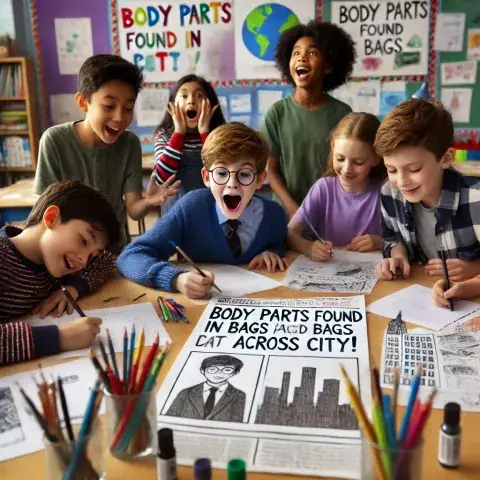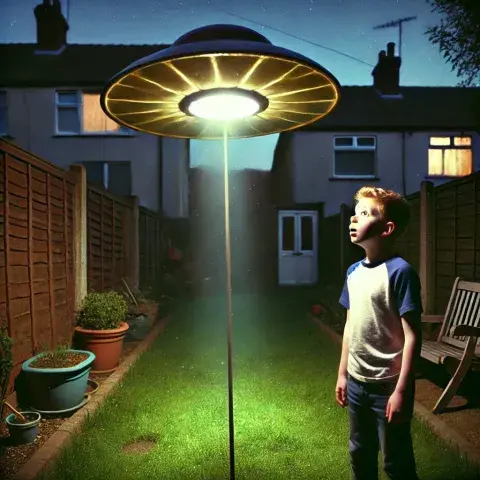Chapter 46 - The Software, The Saboteur, and the UFO Rabbit Hole
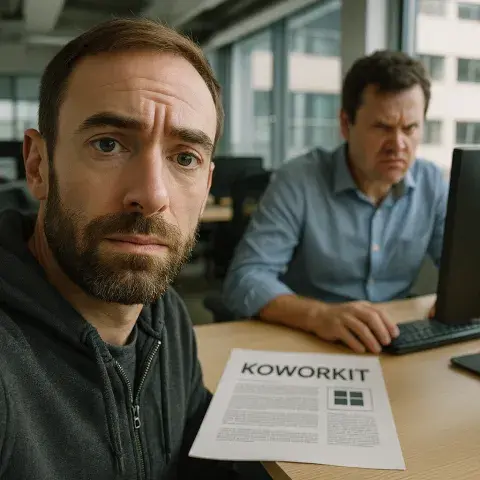
Working as an Eskimo—a term we jokingly used for our team in the frigid workplace atmosphere—was always an exercise in endurance. Yet, amidst the daily grind, there were moments of unexpected brilliance, like when Andrey, the Holodex developer, dropped a bombshell.
Andrey was no ordinary coder. His brain was a labyrinth of algorithms and innovative ideas, and his work was nothing short of magic. For six painstaking months, he had poured his soul into creating Koworkit, a software platform that felt like the perfect marriage of functionality and simplicity. It was exactly what we needed to revolutionise how we operated.
One day, out of the blue, he turned to me and said, “Here. I want you to have 50%.”
I was stunned. People don’t just hand you half of something they’ve bled over—especially not something as promising as Koworkit. I felt a mix of gratitude and disbelief. “Are you sure?” I asked, holding back the urge to pinch myself.
“Absolutely. You’ve got the drive and the vision. Together, we can make this huge,” Andrey replied with a grin that only a true believer in his craft could wear.
But as elated as I was, not everyone shared my joy. Greg, for instance, was livid. I could practically see the steam rising from his head every time Koworkit was mentioned. It was more than jealousy; it was a full-blown affront to his ego.
As we trialed Koworkit at work, Greg made it his mission to undermine it at every turn. The software was perfectly adequate for our needs—honestly, a godsend for a team operating on a shoestring budget. But Greg wouldn’t admit that.
“This doesn’t do half of what I can do in Excel,” he sneered one day, deliberately closing the app mid-meeting. “Why are we even wasting time on this?”
The rest of the team looked uneasy, unsure whether to challenge him or stay silent. I felt torn between defending Andrey’s creation and maintaining some semblance of workplace harmony. Looking back, I wish I’d done more.
To make matters worse, my mind was elsewhere. At the time, I was neck-deep in a rabbit hole of alien theories, a fascination that had consumed more of my mental energy than I care to admit. Every spare moment, I was poring over forums, dissecting sightings, and entertaining the idea that our existence was far from solitary.
In my distracted state, I let Andrey down. I didn’t champion Koworkit as fiercely as I should have. I let Greg’s antics go unchecked, hoping the software would speak for itself. It didn’t. Andrey’s faith in me deserved better, and I failed him in a way that still makes my chest ache when I think about it.
It wasn’t long before Koworkit was shelved. Greg had sown enough doubt that the higher-ups decided to stick with the “tried-and-true” methods, which, in our case, were as archaic as stone tablets. I could see the disappointment in Andrey’s eyes the day he heard the news. He didn’t blame me outright, but he didn’t have to. I knew.
That experience taught me a hard lesson: opportunities like Andrey’s gift don’t come around often, and when they do, you have to fight for them with everything you’ve got. It also taught me that distractions—whether from jealous colleagues or my own obsessions—can derail even the most promising ventures.
